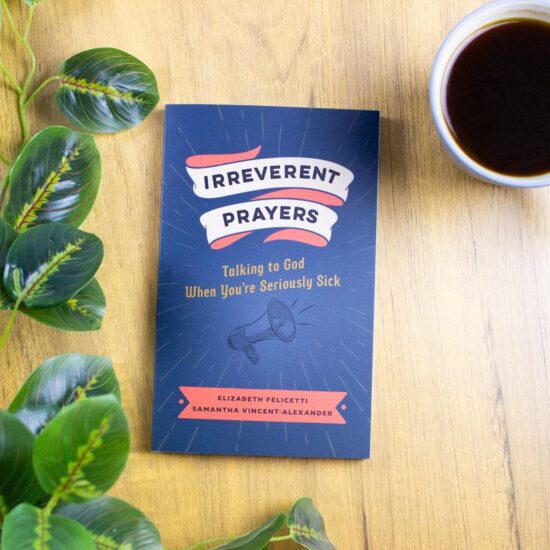ASHLAND — At 54, Sherman Horton learned his wife was dying a slow death that would rob her of her mind first — a form of Alzheimer's. As Ellen began to forget the couple's years together and became increasingly afraid of her husband, now a stranger, Horton struggled with loneliness.
But when he found a companion before his wife passed away, he struggled with the moral implications and questions from family, friends and church members.
"My wife was no longer there…. I went as long as I could by myself," he said.
Though the Hortons had been married about 34 years at the time, Horton didn't recognize the lapses that began in 2000. The couple's two daughters did, though, and would ask if something was wrong.
"I was in denial all the way through," Horton said, until a few years later when he received a call from the bank. The couple's bank account had been severely overdrawn, and although the banker had written several letters, Horton had not seen them.
Since the pair had married — Horton at 18 and Ellen at 22 — she had handled the family's finances. "She had never been a cent off, ever," Horton explained. "I thought maybe my wife was…into something and she's not telling me."
After talking with the banker, he told Ellen they needed to talk. "Then she started acting funny," he said, but she admitted she had been unable to balance the checkbook for several months.
Horton sought an opinion from the Mayo Clinic where doctors diagnosed the type of Alzheimer's Ellen had developed and gave her three to five years to live. Horton cared for his wife at home for as long as he could.
In the fifth year, Ellen's mental state had deteriorated and she began running away. Her doctor suggested stronger medication but required Ellen to be placed in a care facility.
At that point, Horton began grieving the loss of the Ellen he had known. "The doctor had said three to five years, and mentally I had locked that in my mind," he said. "I still love my wife to this day."
By the sixth year, she no longer recognized her family and would become frightened and agitated when Horton would come alone to visit her. Though he went daily to assist with her care, if he was alone, she would always call for help because of the "stranger."
That year, Horton went online "just looking for companionship" and connected with a woman from a neighboring state who shared his interests. The pair visited one another, and she eventually relocated to Columbia.
"I'm not sure where 'til death do you part' ends," he said.
Some friends and a few church members questioned his judgment, and several condemned his action. "They don't know what it's like to go through hell and back with a loved one," he said.
"They don't know what it's like to have been married since you were 18 and to now be alone. They don't know what it's like to eat meal after meal alone."
And he insisted, "We [Horton and his new wife] didn't move in together or sleep together until we were married."
While loneliness was a driving force, financial considerations also played a part in options Horton considered, including divorce.
A longtime administrator in the insurance industry, Horton last year learned from several lawyers that the family would be required to spend every resource it had down to just under $1,000 before he could seek assistance from the government.
"The attorneys said there was no way to save the estate except through divorce," he said.
Horton considered it and discussed the possibility with his daughters. "Just having the paper [of divorce] doesn't mean you aren't going to visit your spouse. It doesn't mean your spouse wouldn't take care of you, to pay your bills," he said.
His daughters were uncomfortable with the prospect, and although concerned what he would do when his finances were exhausted, Horton decided he wasn't ready to take that step either. Ellen passed away last December, about 10 years after her symptoms first appeared.
Horton encourages couples to talk about what they would do if one should be struck by a terminal illness. "Do you want every dime spent before your spouse can do anything? You need to work it out," he said. He also suggests purchasing long-term care insurance.
Faced with the diagnosis, Ellen chose the nursing home in which she wanted to be placed and told Horton she knew he would marry again.
"We had the most perfect marriage you can imagine," he explained. "The conversation we had made me feel better all the way through."
The pastor and most of the members of Memorial Baptist Church in Columbia where he was a deacon and actively involved in other ministries at the time were also supportive, Horton said.
People handle the emotional and spiritual aspects of terminal illness differently.
"In my head and in my heart I didn't want to remember her as she was in her sickness," he said. "I tried to do what was right…and I believe God led me" to his companion, whom he married after his wife Ellen died.
"I have people who still disagree with me…and it's really, really difficult. But I think I can make a case. My wife was not there…but before that she was a perfect wife," he said.
Horton's family has accepted his new wife. "My sister stood [at the wedding] and thanked my new wife for bringing me back to life…. She saw I was dying inside," he said.





